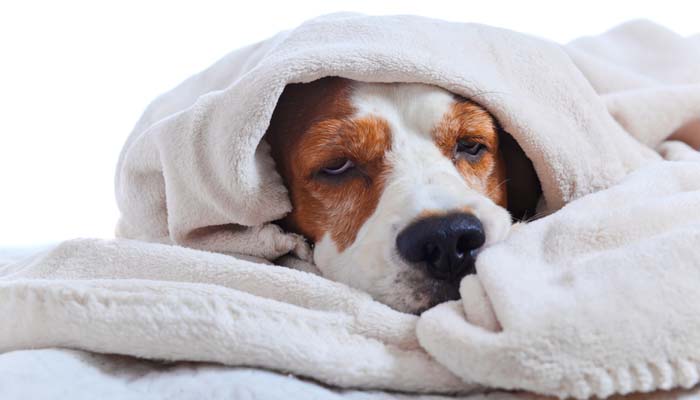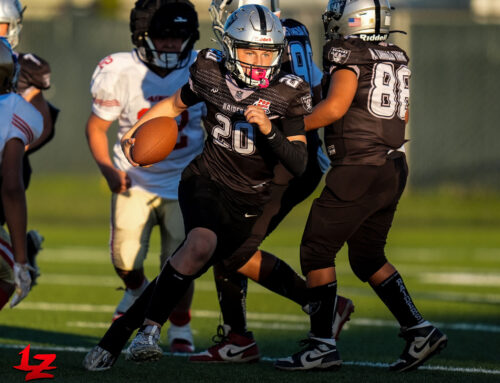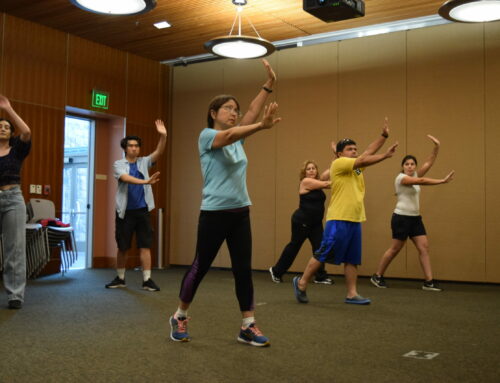Published in the January 31 – February 13, 2018 issue of Morgan Hill Life

Dogs at the greatest risk for CIV are social dogs. These animals include those who go to grooming salons, kennels, day care facilities, dog parks and who encounter other dogs during walks.
The virus first appeared in the United States in 2004 in greyhound race tracks. In an outbreak in Chicago in 2015, a newer strain was identified and thousands of dogs across the U.S. have been infected.
Infected dogs commonly have a cough, fever, lethargy, discharge from the nose/eyes and inappetence. Mild cases can look similar to kennel cough. More severe cases can progress to pneumonia.
Treatment for CIV depends on the severity of each individual case. Treatments may include fluids, antibiotics for secondary bacterial infections, oxygen and other supportive care measures. In the more severe cases, treatment may require hospitalization.
Sick dogs should be isolated from other dogs for about three weeks. There is no evidence at this time that CIV can infect humans. The mortality rates are low but the incidence of exposed dogs who become sick is very high (most of these dogs will develop more milder forms of the disease).
Since influenza can appear very similar to kennel cough, it cannot be diagnosed on clinical symptoms alone. Specific testing for the virus has to be performed by your veterinarian in order to obtain a definitive diagnosis.
There is a vaccine available for CIV. It is recommended for all social dogs. It requires an initial vaccine with a booster two to four weeks later then annual re-vaccination. Talk with your veterinarian to determine if your dog should be vaccinated.
Some dog facilities may now start requiring the influenza vaccine. Check with your groomer, daycare and kennel about any new requirements.
To help prevent your dog from becoming infected:
- Have your dog vaccinated for Canine Influenza
- Keep your dog away from other dogs until a week after the second vaccine
- Stay away from coughing or otherwise sick-appearing dogs
- Do not let your pet use communal water bowls
- The only way to really prevent the spread of influenza is by avoiding exposure to other dogs
Dr. Jeanne Haggerty-Arcay received her undergraduate degrees in biology, biochemistry and Spanish from the College of Notre Dame, Belmont. She graduated from U.C. Davis School of Veterinary Medicine. She enjoys spending time with her husband and three young children.






